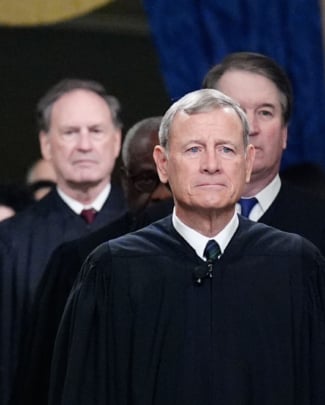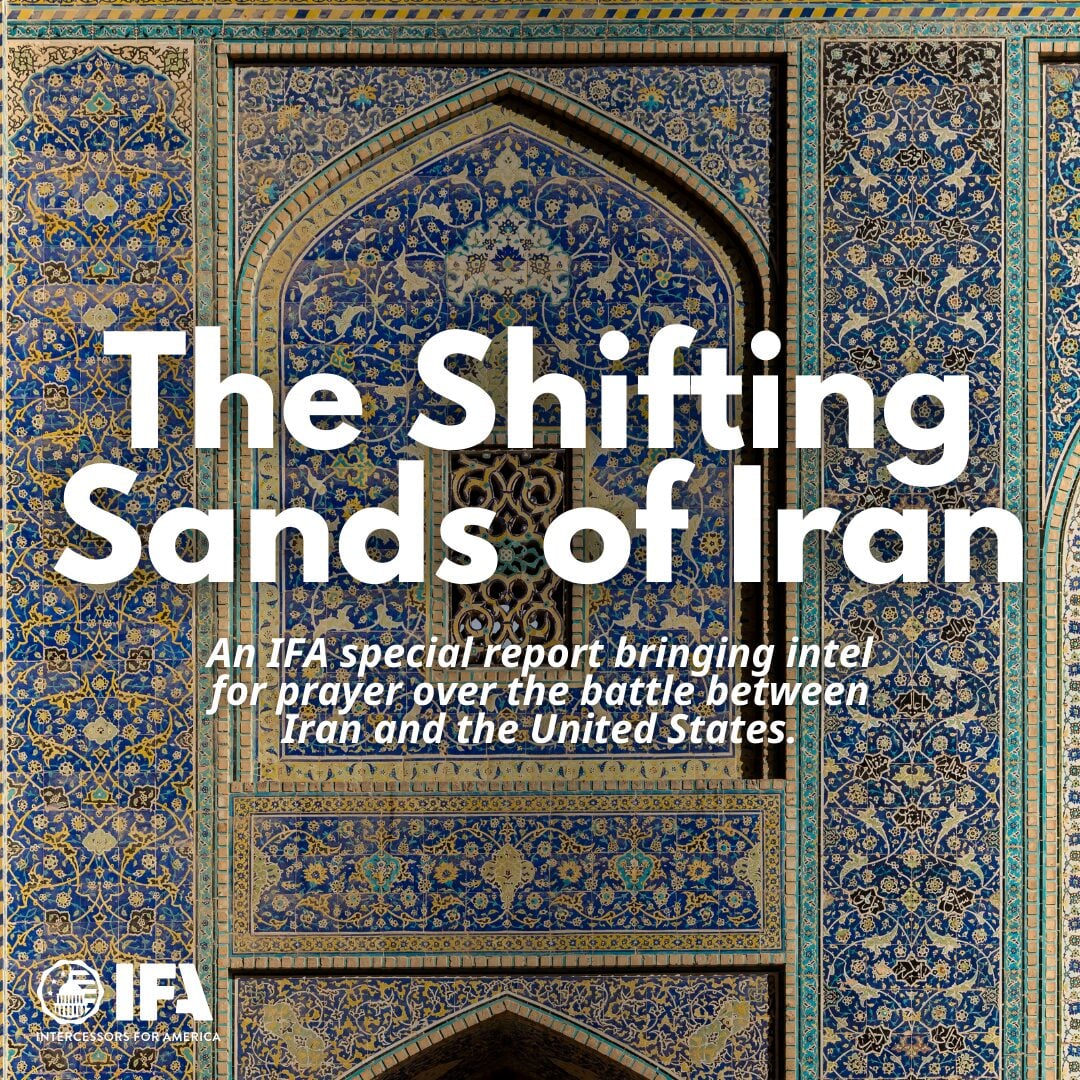PRESERVING FRIENDSHIPS DURING COVID & THE ELECTION
NETFLIX SHOW ‘CUTIES’: MUSLIMS AND CHRISTIANS UNITE IN ANGER
OSCARS NOW REQUIRE INCLUSION STANDARDS FOR ALL NOMINEES
FIGHTING THE SIEGE WITH A BLESSING
IS HURRICANE SALLY A MESSAGE TO US?
PRESERVING FRIENDSHIPS DURING COVID & THE ELECTION
. . .One of the most deranged aspects of the pandemic has been the rifts it has caused in relationships, even close friendships. The media love to amplify stories of friends who drift apart, or even cut each other off, over beach vacations, masking habits or opinions of Dr. Anthony Fauci.

For some virus obsessives, a friend’s long weekend to a region with an uptick isn’t just a case of bad judgment but an assault on their conception of themselves — an act of war against their health-conscious, science-informed and expert-trusting tribe. The wrong vacation signals both personal betrayal and class treason.
This is the final step in the corrosion of our common life caused by identity politics. As all politics become subsumed by identity, we elevate every single thing we believe to a part of our identity. And we create tribes based on those political identities — tribes that zealously enforce their orthodoxies.
But when friendship can only withstand the barest of differences, like favorite colors and pizza toppings, then something is wrong. Community isn’t possible when we only tolerate unanimity, when we only want to be friends with slightly altered versions of ourselves. . . .
As Catholics, we can be secure in the knowledge that even if we differ about politics and plagues, we remain united by a supernatural bond — something that’s worth preserving even if we sometimes get on each other’s nerves.
Of course, not everyone has such a community of shared belief. Nearly as important to cohesion, though, is living out friendships in service. We form a real community, not just an identity-tribe, by living near one another, by asking for and offering help with groceries and home improvement and child care, by sharing life and death together, not just talking points and buzzwords.
When one couple suffered a miscarriage, we had them over to eat, to talk and simply to be together. And when they buried their baby, every child in the group old enough to wield a trowel tossed earth on the casket. It’s harder to fall out over politics when you’ve shared an experience like that.
Affability is about treating others with goodwill not only when their views are in accord with ours, but precisely when they aren’t. It’s about the wisdom of knowing the difference between the conflicts that should be discussed (or simply left alone) in good humor, those that require a serious conversation and those that really are worth putting everything on the line for.
I have had serious, even tense conversations with my friends about the pandemic. I think some of their views are outright dangerous, and I have said so. Sometimes, I think they are a little nutty, and I am sure they think the same of me.
Then those same people bring us a casserole, or host a board-game night, or pray for us when misfortune strikes. And we are reminded that service and friendship give our lives much more meaning than political identities ever could.
Affability, then, is a political virtue. It puts the lie to the strictest identity politics and makes organizing our common life possible, without every difference ending in rupture.
The collapse of affability, especially among those who would consider themselves fit to rule, is no small matter. It demonstrates an inability even to desire sharing a community — or a nation — with those who differ from the tribe’s orthodoxies.
And it shows how modern liberal politics, in replacing communities defined by service with communities defined by identity, undermines the very virtues that liberalism claims to foster.
The future will belong to civilizations that can work together for the common good. And that starts with simply getting along. It starts with affability.
(Excerpt from The New York Post. Article by Brandon McGinley. Photo Credit: Unsplash.)
What are your own ideas to preserve friendships during these times. Share in the comments!
Partner with Us
Intercessors for America is the trusted resource for millions of people across the United States committed to praying for our nation. If you have benefited from IFA's resources and community, please consider joining us as a monthly support partner. As a 501(c)3 organization, it's through your support that all this possible.


We use cookies to ensure that we give you the best experience on our website. If you continue to use this site we will assume that you are happy with it. Privacy Policy




Comments
Interesting
Of all the articles here this one has the least replies
Are we clanging cymble and creaking gate..
If we don’t have love we have nothing
And whatever you do give it everything as if to the Lord
What you don’t the least of these you have done to me
Wouldn’t that include family and friends ?
Material things can be replaced or done without. Family and friends can offer support for each other. That is priceless.
“Put on then, as God’s chosen ones, holy and beloved, compassionate hearts, kindness, humility, meekness, and patience, bearing with one another and, if one has a complaint against another, forgiving each other; as the Lord has forgiven you, so you also must forgive.” Colossians 3:12-13
Very thought-provoking article. I have been distressed over the rapidity with which friendships and families disintegrate over issues that could be overlooked. Not everything can be overlooked but we can find ways to disagree and still maintain relationship.